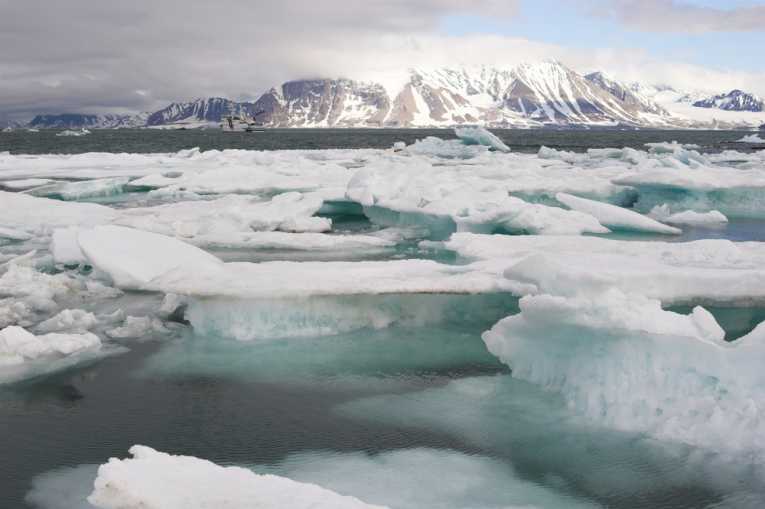More disturbing news for environmentalists, with the announcement that the US Department of the Interior has granted Shell tentative approval to begin drilling exploratory wells in the Arctic Ocean starting next year.
The move represents a major step forward in the oil giant's efforts to exploit the vast oil and gas resources under the Arctic Ocean which it claims holds 27 billion barrels of oil; sufficient to power 25 million cars for 35 years. It also confirms a willingness by the Obama administration to restart oil and gas exploration, a move which many claim has been fuelled by high petrol prices and high levels of unemployment.
Not surprisingly, environmental groups have been dismayed by the announcement, especially as they have long warned the government that because the freezing waters of the Arctic are dark and inaccessible, a spill in the Arctic would be even more catastrophic than the Gulf of Mexico accident.
To make matters worse there are worrying reports of political interference with the work of a leading government scientist. The scientist in question is one Dr Monnett who rose to prominence with his 2006 report on sightings of dead polar bears in Arctic waters which became a cause celebre for campaigners seeking to highlight the effects of climate change and the retreat of sea ice.
The Bureau of Ocean Energy Management, Regulation and Enforcement placed Dr Monnett on "administrative leave", simply citing "integrity issues", but the documents posted by the watchdog group Public Employees for Environmental Responsibility suggests that the inquiry concentrates solely on the 2006 report.
Dr. Monnett's supporters suggest that a witch hunt is underway, especially as the government sent criminal investigators with absolutely no scientific credentials to grill him. After the reports of the drowned bears circulated, Dr. Monnett himself is quoted as saying that "we got blasted, you know, really hard, by the agency". At another point, he said of his superiors, "They don't want any impediment to, you know, what they view as their mission, which is to, you know, drill wells up there" and "put areas into production."
Support for Dr. Monnett has come in the shape of The Centre for Biological Diversity which has submitted a formal request for an independent investigation of Interior and a Freedom of Information Act request in order to get to the bottom of the story. In addition, the Public Employees for Environmental Responsibility, which defends workers in the environmental field against what it regards as abuses, has filed a complaint accusing the ocean energy bureau of scientific misconduct. It said that in banning Dr. Monnett from conducting scientific work, it had disrupted his research, including at least one continuing study of polar bears.
It's true that Shell still needs to secure a number of secondary permits before it can start drilling, as well as answering questions on how the company would respond to any blowout and spill. In light of the recent accident at one of its North Sea oil platforms located 113 miles north of Aberdeen, Scotland, it's a question that's taken on even greater poignancy.
Marilyn Heiman, director of the Pew Environment Group's Arctic program, said that the region was the harshest area in the world in which to drill for oil. "Hard questions need to be asked about any oil company's ability to mount a response to a major oil spill in hurricane-force winds, high seas, broken and shifting sea ice, subzero temperatures, and months of fog and darkness."
Even so, Shell has enthusiastically welcomed the decision. "We feel very good about it," said Pete Slaiby, Shell's vice president in Alaska. "It's one of the road marks we wanted to see. It makes us very happy."
Happy indeed, especially as Shell has invested 5 years and $4 billion in its bid to win drilling rights to both the Beaufort and Chukchi seas.
The Obama administration promised scientific integrity in government, yet these recent events with regard to the treatment of Dr Monnett are frighteningly reminiscent of the era of one George W Bush.










